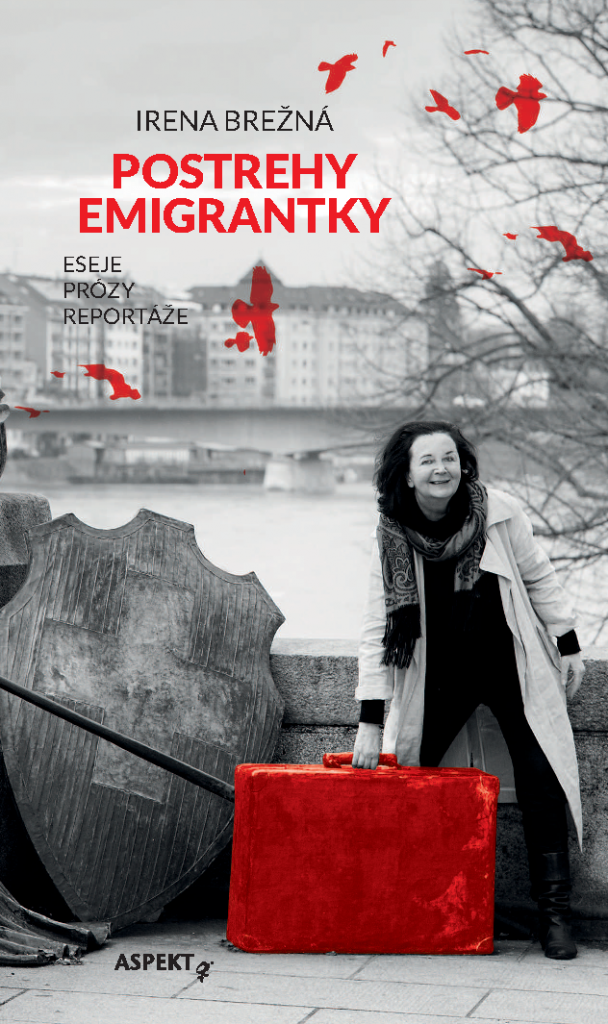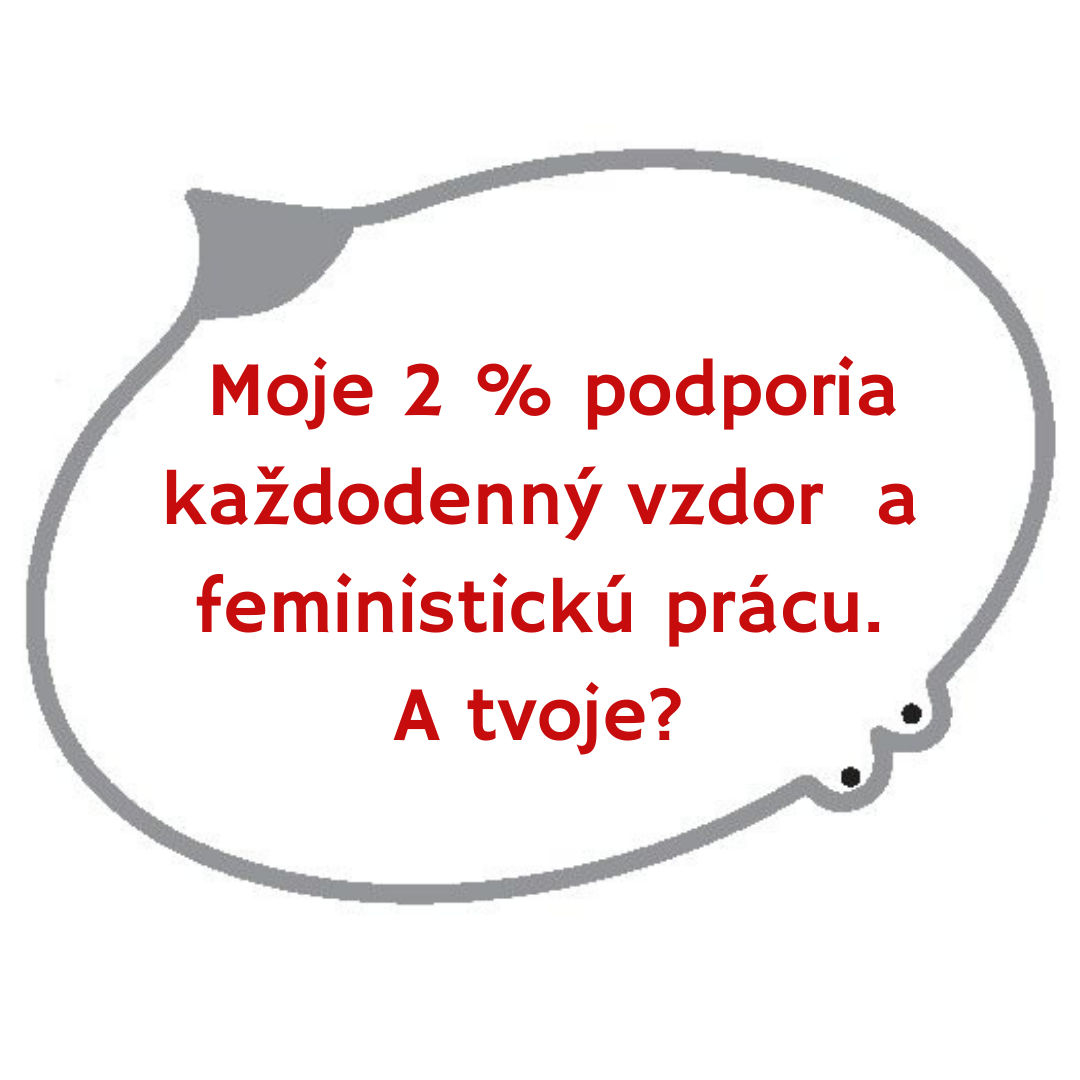We were on the run, but we were welcomed
“Running towards the perpetrator of her long-ago abduction.” That is how the Slovak-Swiss writer Irena Brežná describes her motivation to travel to Chechnya during the war and report on the atrocities she saw there in her book She-Wolves from Sernovodsk.
The tanks she encounters in Chechnya are Russian tanks, like those that crossed the Czechoslovak border 27 years before she first heard news about Chechnya, the “small mountainous country dying in the attempt to defend itself”. She lets her memories travel back to the summer of 1968, when her mother “emigrated her”.
“She wants to run in the opposite direction, away from this rain, back to the Soviet tanks that have stormed the whole country on a summer night,” Brežná writes about her 18-year-old self. “Before they came, she was on holiday, so she did not see the tanks and the soldiers coming. Now the desire to run after them fills every part of her, and all she wants is to face them in person.”
When troops of the Warsaw Pact invaded Czechoslovakia on August 21, 1968, Irena Brežná was having a taste of life in the West at a student summer camp in France. A fresh high school graduate, she was planning to return to Bratislava to pursue university studies majoring in foreign trade. But the events changed her plans, and she was not to return to her native country for more than 21 years.
Emigration was her parents’ decision. Her mother had been persecuted in the 1950s and spent a year in prison when Brežná was a child. She had wanted to emigrate ever since, and had been preparing an escape to Sweden via Poland.
“My father was hesitating, even though he too was persecuted,” Brežná says and explains that the totalitarian regime sent her father, a Bratislava-based lawyer, to work in a stone quarry.
After they crossed borders, her mother wanted to go on to Canada, but as Brežná puts it, a series of chance events landed her family in the German-speaking part of Switzerland.
Away from hypocrisy
In Bratislava, Brežná was admitted to the school of economics, another choice of her mother’s, who knew a professor and bribed him to make sure her daughter would be admitted.
“It was repulsive to me, but she claimed I could not go to the faculty of arts, because she did not know anyone there,” Brežná recalling the corruption and hypocrisy she remembers as a common characteristic of life in Communist Czechoslovakia.
“I did not care about economics at all, because I did not care about money, and I still don’t,” she says.
In Switzerland, she enrolled in the faculty of arts and studied Slavonic studies, philosophy and psychology.
“That was the best thing about emigration in the early years, that I fulfilled this dream of mine,” she says.
Being the stranger
The worst thing about her new life, on the other hand, was that she needed to build her network of friends from scratch.
“It was a very conservative country with a buttoned-up mentality,” Brežná says about 1970s Switzerland. The official policy of the government was assimilation.
“It was outrageous and it was also stupid. How can I enrich society when I assimilate?” she says and recalls that her first request to obtain a Swiss passport after 19 years living in the country and publishing books in German was denied with the argument that she was not assimilated enough.
Nowadays, the word integration has replaced the old rhetoric, but Brežná believes it is just a more polite word for the same thing.
"What do I need to do to integrate? I respect the laws, I favour democratic society, I share the universal values, and what else? Am I supposed to cook some Swiss specialties or what?” she says.
She admits that as a student she was lonely and would only mingle with Czechoslovak emigrants who studied at the university with her.
“I compensated for the loneliness by withdrawing into my inner world, by diving deep into learning, into discovering western civilisation,” Brežná recalls.
Language: from tragedy to freedom
Brežná ended up in a German-speaking environment. She did have some knowledge of the language and was able to communicate, but did not feel confident to write. When she looks back at those times now, she says that after her loneliness, her second personal tragedy was the language.
“How could I imagine I would ever write in German?” she voices her past concerns.
Half a century later, as we converse in Slovak, Brežná rakes her mind for the right words now and then, but her way of talking does not betray that she has not been living in a Slovak-speaking environment all those years. She also writes almost exclusively in German.
Her breakthrough came when she was a 30-year-old mother of a three-year-old son, 12 years after she first came to Switzerland.
“My husband was a German writer and his idea of me was that I would become a teacher,” Brežná says. “But that wasn’t enough for me. I wanted to write, and indeed I had already been writing short stories in German.”
At that point, the University of Bern announced a literary competition for foreigners.
“I knew I had a piece that would win first prize,” she said. It was the first text she wrote in German, her memories of Czechoslovakia and emigration entitled Slovak Fragments. She had not published it in German before, but she translated it into Slovak and Radio Free Europe broadcast it. Slovak Fragments won the first prize, and was later aired on Swiss Radio as a two-hour programme. From then on, Brežná’s career as a freelance journalist took off.
In 2008, Brežná published her novel The Best of All Worlds, which was also translated into Slovak and together with her 2012 book The Ungrateful Foreigner now belongs among the most noted works of Slovak émigré authors.
Most of her texts available in Slovak are translations from German.
“I realised that when I write in Slovak, I am conventional, my language is not interesting at all, because I am all tense in making sure it is written in correct Slovak,” Brežná says about her unusual linguistic situation. “In German, on the other hand, I fear nothing. My German is innovative and I bring into it elements from other cultures. In German, I am really free.”
Love and anger
After the fall of Communism in 1989, a vast space opened for Brežná to travel as a reporter. Her good command of Russian allowed her to play the unique role she had assumed between the east and the west.
Her work, She-Wolves from Sernovodsk, also published in Slovak, describes the war experience of Chechnyan women. Brežná’s relationship with Russia is rich in emotions and contradictions: her love of Russian and her many Russian friends on the one hand, her negative firsthand historical experiences, particularly the occupation of Czechoslovakia and the war in Chechnya, and her harsh stances toward current Russian politics on the other.
“The most dangerous thing is to relativise everything,” Brežná says when asked about the sympathy that many Slovaks nowadays have towards pro-Russian propaganda: when they hear criticism of Russia, they immediately argue that the USA is not any better. “There is a lack of clear difference between a totalitarian regime and a democratic regime. Today’s Russia has the features of a totalitarian regime.”
Slovaks take everything personally
Brežná sees the problem in the lack of exact, differentiated thinking, but also Slovaks’ feelings of inferiority and failure to face their collaboration with the totalitarian regime.
“Oftentimes there’s a nihilism – people say that everyone is corrupt, that none of the politicians represent them, and there is nothing that can be done,” Brežná says, and claims that it is much easier to blame others for being corrupt than take the initiative and try to influence things.
“There is still no clear scale of values in Slovakia,” Brežná noted. People tend to forgive each other the terrible things they say and do out of camaraderie. “And then people who defend values are seen as arrogant. They tell me – this must be some Swiss style, why do you bring your aggressiveness here?”
The German culture of argument, Streitkultur, is completely unknown to Slovaks. Here, one cannot clearly confront others in a discussion and disagree without the opponent taking it personally, Brežná feels.
“But when you disagree, it does not mean you are impolite, especially when important social issues are discussed,” Brežná noted.
Refugees and openness
Brežná remembers all too well how it feels to be a refugee in a foreign land.
“We were on the run and we had nothing, but we were welcomed as good refugees,” she says. “And only to imagine that they would have turned us into enemies, into something dangerous…”
In 1968, Switzerland was a conservative country where anti-Communist feelings prevailed and most people sympathised with refugees from the Communist countries. Moreover, the people from Czechoslovakia were highly qualified workers: engineers, physicists, chemists, both men and women, which for Switzerland at that time was “a complete rarity”, she recalls.
Gradually, Switzerland let more and more foreigners in and by now, in the hospital in Basel there are people of 90 nationalities among the staff, Brežná likes to point out, alongside the fact that there are 165 nationalities represented among the population of the city, where she now lives.
“And there’s no civil war, there are no attacks against anyone, society functions very well,” she says. On the contrary, she believes Swiss people benefited from the diversity and the mentality in the country is no longer so closed-minded and cold like she experienced when she first arrived to Switzerland.
A human society
“I like this multicultural society very much, because I can fit in much better than I would in some purely Swiss society where I would need to adjust so much that I would lose my own dignity,” Brežná says. In such a society, racism and stereotypes are pushed aside and people are faced with their own dogmas. And it makes the society more human, she believes.
Will Slovakia ever be able to find it in itself to become such a society in the future?
“It would have to come gradually, because for now it is not here at all,” Brežná says. In Slovakia, she sees people defending the status quo, the homogeneity, the importance of the nation state. Those were important in the 19th century, but the world has moved on and globalisation cannot be stopped.
“I do not lose myself when I open myself up to other influences,” Brežná says. “If people were taught to be more self-confident, to think critically, if family and ethnicity were not the only things promoted all the time, people wouldn’t need to be afraid and they would be more curious."
red. We were on the run, but we were welcomed In ASPEKTin - feministický webzin. ISSN 1225-8982. Uverejnené 17/09/2018. Získané 26/04/2024 - 19:53. Dostupné na http://aspekt.sk/content/aspektin/we-were-run-we-were-welcomed





